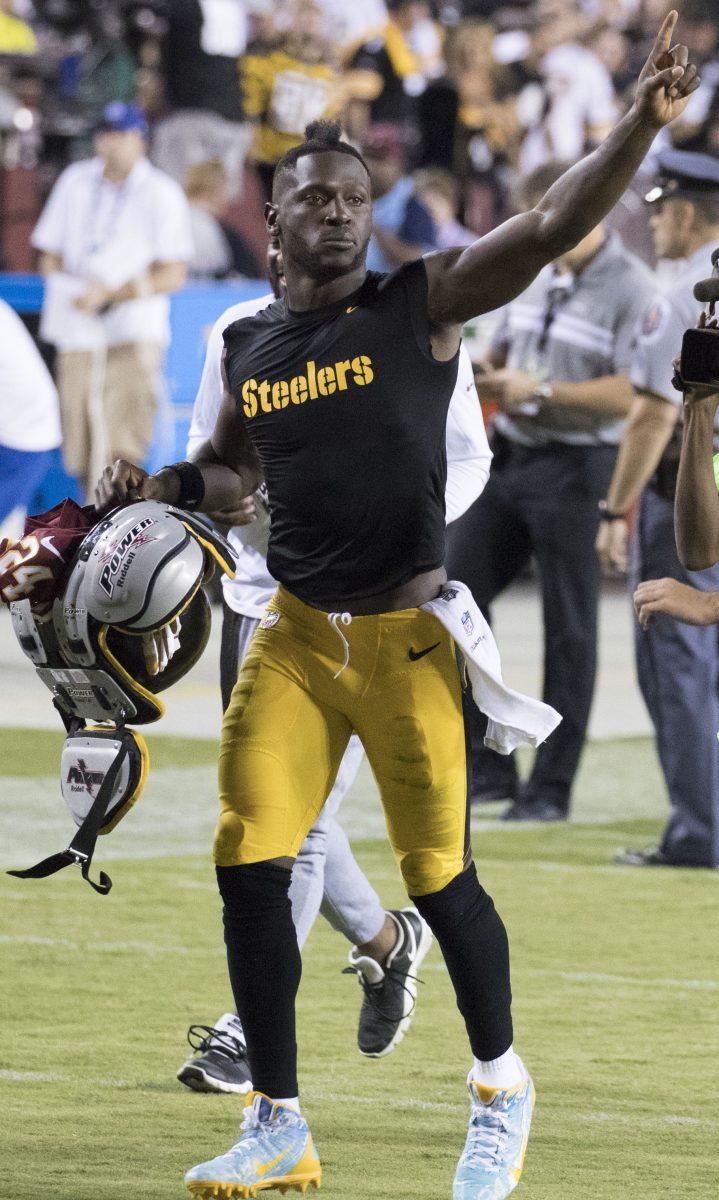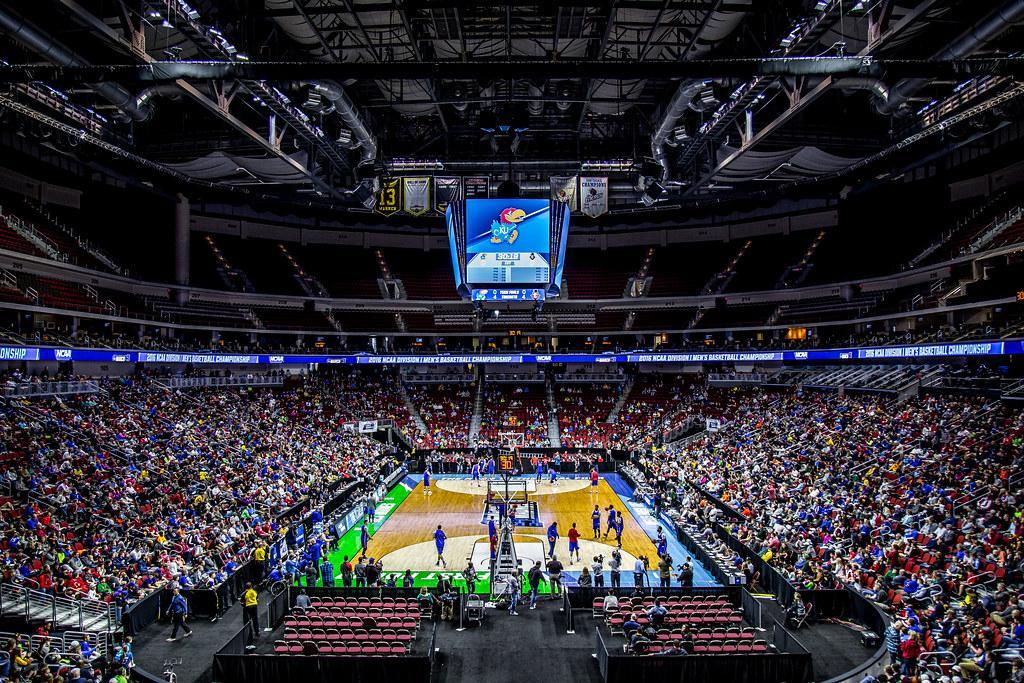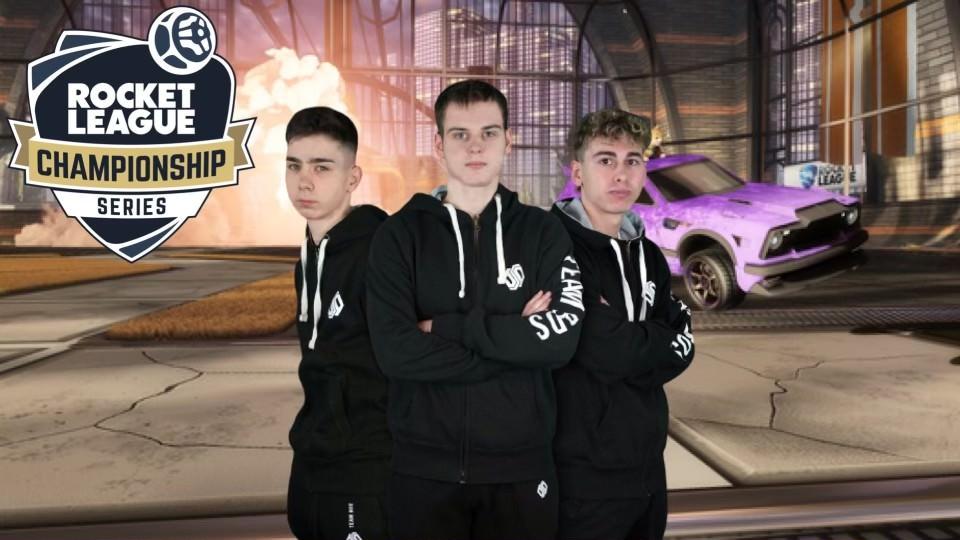A legal battle over a helmet. A yelling match with the team general manager. A leak of a private phone call on YouTube. A sexual assault lawsuit. NFL wide receiver Antonio Brown has been involved in numerous controversies over the past few months, resulting in over $250,000 in fines, over $40,000,00 in lost salary, and two dramatic contract terminations.
Antonio Brown clearly did not act maturely throughout these incidents, and is being punished accordingly. However, this saga should make us as a society reevaluate the larger issue of whether or not professional athletes have a responsibility to be a role model. They are looked up to as heroes by millions of kids and teens across the nation because of their athletic achievements, but this often results in their actions being broadcast across the world.
For decades, the best of the best have been idolized by sports fans across the world. It is clear that not all athletes act the same way. Young people can learn from athletes with strong moral character, like Lou Gehrig of the New York Yankees, who was known for his determination and humility. Conversely, some athletes who have broken rules and laws shouldn’t be setting an example for anyone. For example, ex-New England Patriots tight end Aaron Hernandez, who was found guilty of first-degree murder. Many fans looked up to Hernandez as an idol, and his actions showed that he was not deserving of that title.
There is an argument to be made that because professional athletes know that they are so famous, it is their responsibility to behave accordingly. Sophomore student-athlete Ashton Corona said, “I think a lot of kids and teens look up to these people, and it’s really important for them to be good role models.” With such a large amount of children looking up to them, it makes sense that athletes should at least try to act maturely.

It is also fair to say that it is unrealistic for all pro athletes to be perfect role models. “I don’t think that they necessarily have a responsibility to be a good role model all of the time,” said junior Michael Catanzarite. This argument also has some backing, as people like Antonio Brown and Aaron Hernandez have shown that being a role model is simply too much for some athletes to handle.
By league rules, it is not the responsibility of a professional athlete to be a role model. Their job is to compete at the highest level in their sport, not to set an example for children. However, the platform that their talent gives them means that their actions have a profound effect on others. This means that the most admired athletes are usually great athletes and great people. Junior Essix Glowacki says that he looks up to Lebron James for his actions off the field. “I don’t really like Lebron James as a player, but he’s definitely a phenomenal role model for kids, especially inner city kids who don’t have a lot of hope to make it out.” Another athlete looked up to by J-D students is J.J. Watt. “I think that it’s really important for athletes to try to contribute to their own community,” said senior Aakash Yalamanchili, “like how J.J. Watt helped out after the hurricane.”
It’s clear that professional athletes that are good role models are more likely to be revered by others. Professional athletes may not have a responsibility to the league or the fans to be a good role model. However, it seems as though they have a responsibility to themselves to behave responsibly if they want to continue to be admired by the general population.
































